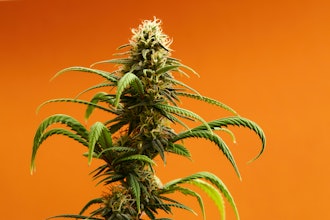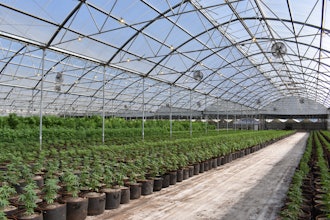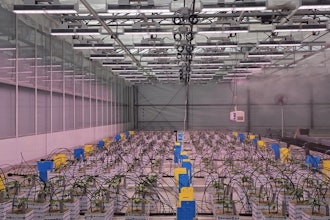
Trilogene Seeds unveiled its new line of triploid THCa seeds, which are engineered to deliver multiple benefits, including reduced seed production, seedless flower production, potentially higher flower yields, enhanced crop uniformity, and significant improvements in flower morphology and trichome density, which is crucial for oil production.
The introduction of triploid genetics in cannabis, a concept previously applied to other agricultural crops like seedless watermelons, affords benefits for indoor and outdoor growers, extractors, and consumers. Triploids, with an additional set of chromosomes, are essentially sterile, channeling energy towards more desirable traits rather than seed development. This sterility also eliminates the risk of cross-pollination, ensuring consistency and quality in cannabinoid levels. Despite the common misconception, triploid seeds are not genetically-modified organisms (GMO).
Polyploidy genetics, the condition of having more than two sets of chromosomes, plays a pivotal role in the evolution and diversification of plants by introducing genetic variability and increased complexity. This genetic phenomenon is particularly significant in the context of triploid seeds, where the organism possesses three sets of chromosomes, resulting in sterility and directing the plant's resources towards enhancing traits such as growth, metabolite production, and in the case of cannabis, potentially increased volatile compounds and trichome density, thus, offering a compelling approach to optimizing cannabis cultivation for both commercial and research purposes.
Trilogene's approach is backed by extensive research and development, including insights from studies demonstrating the superior qualities of triploid organisms in terms of growth and secondary metabolite production. The company's commitment to innovation is further underscored by their ongoing genomic research aimed at targeting genes of interest to accelerate breeding processes.






















